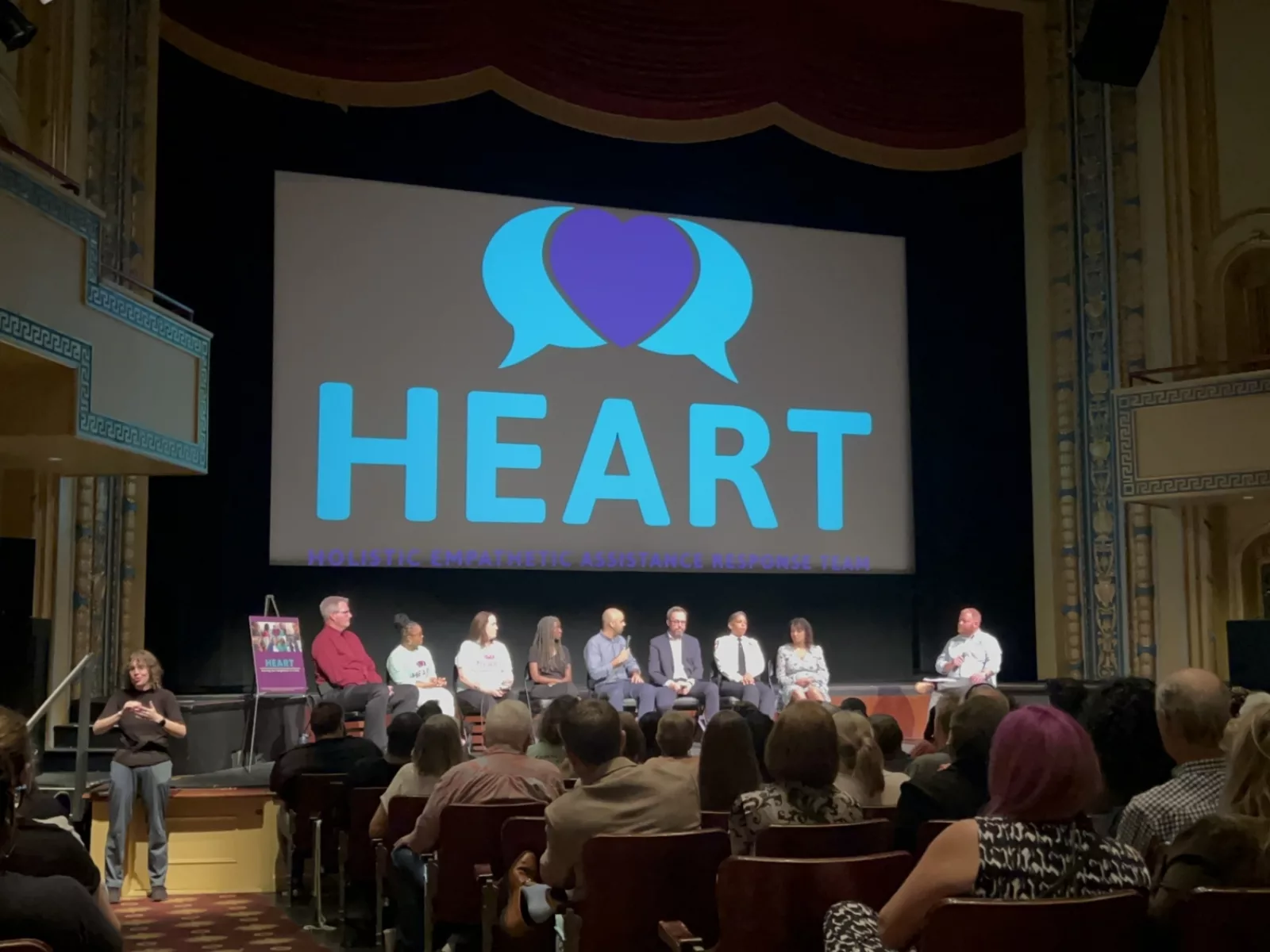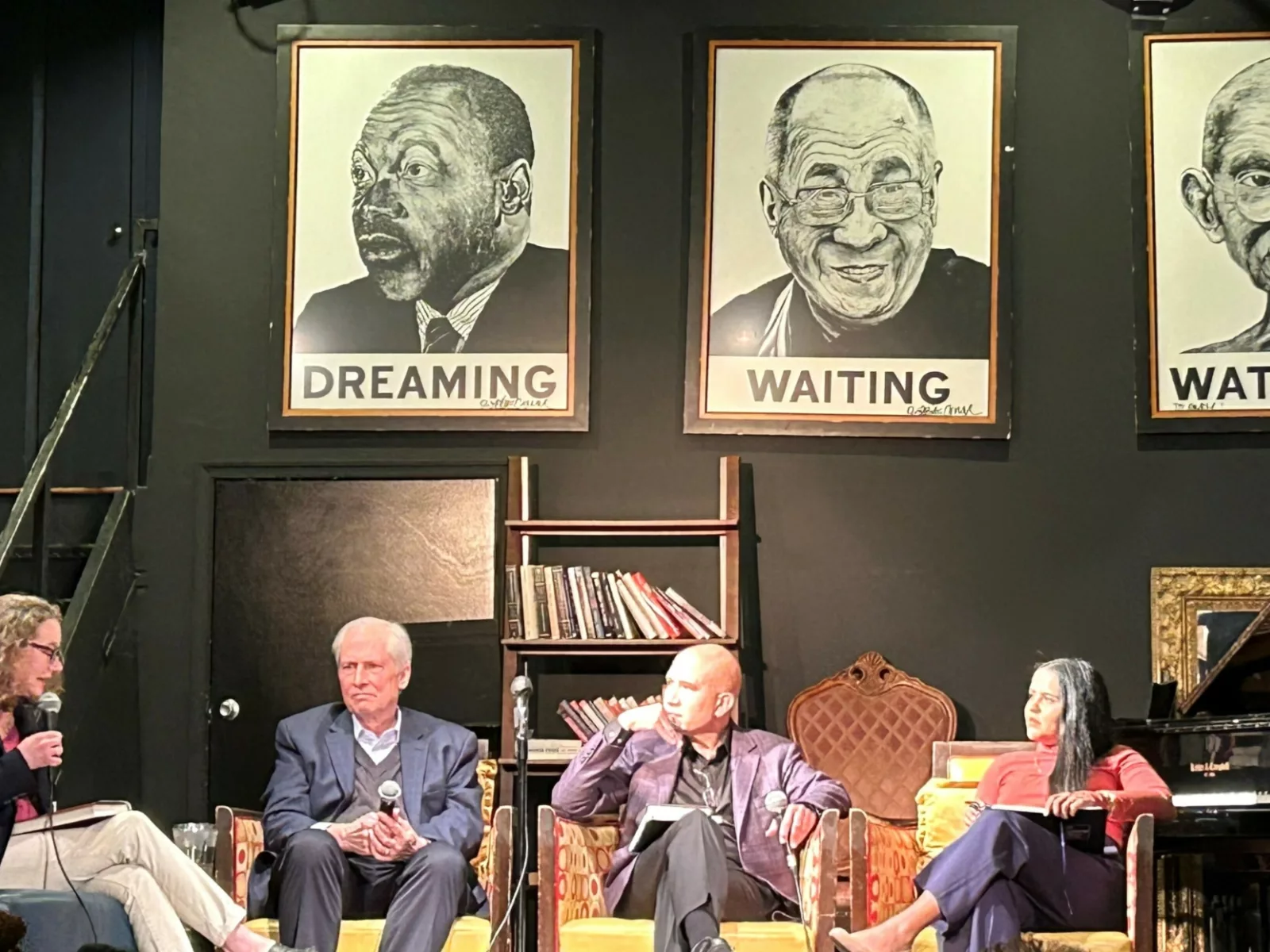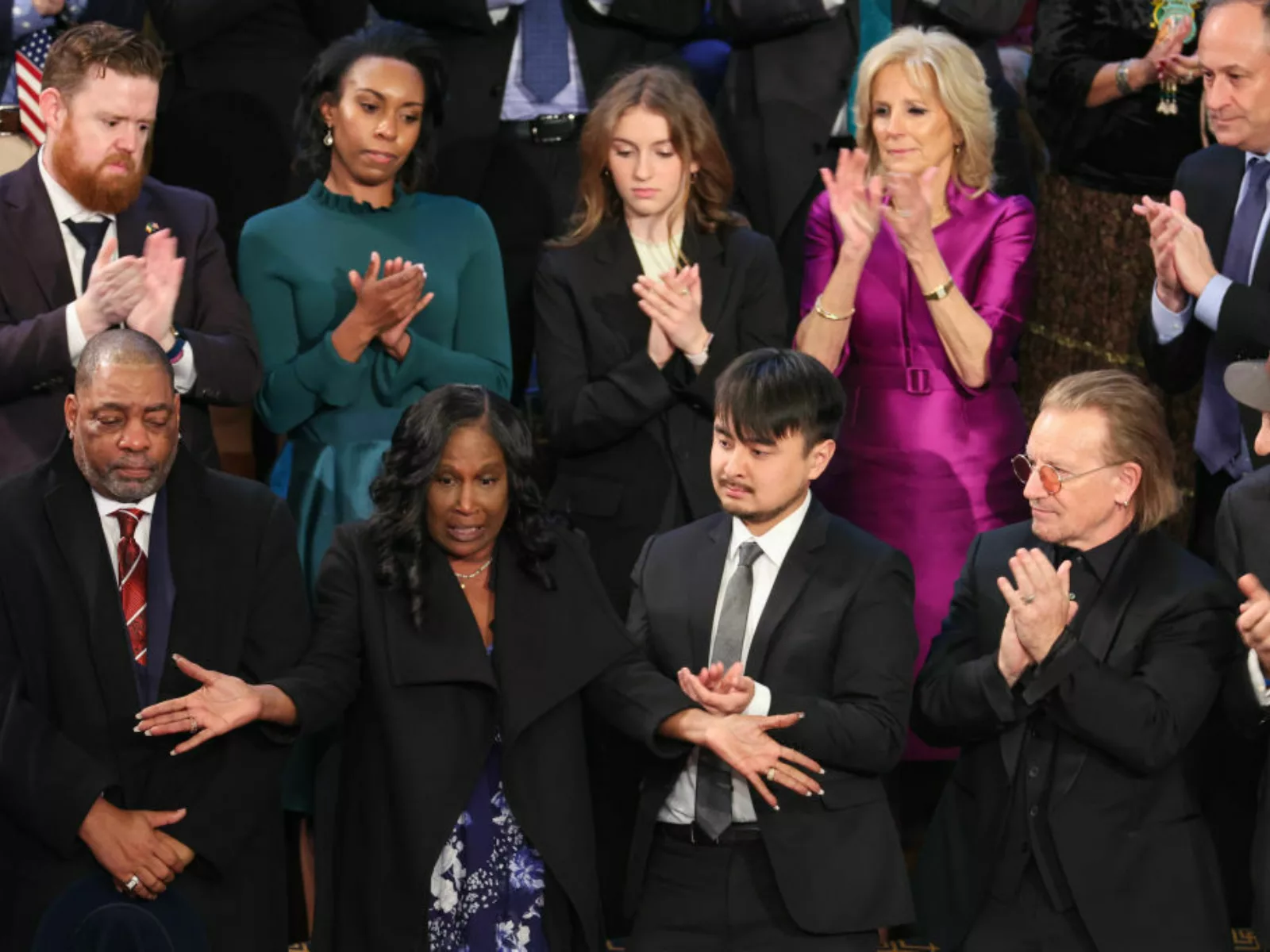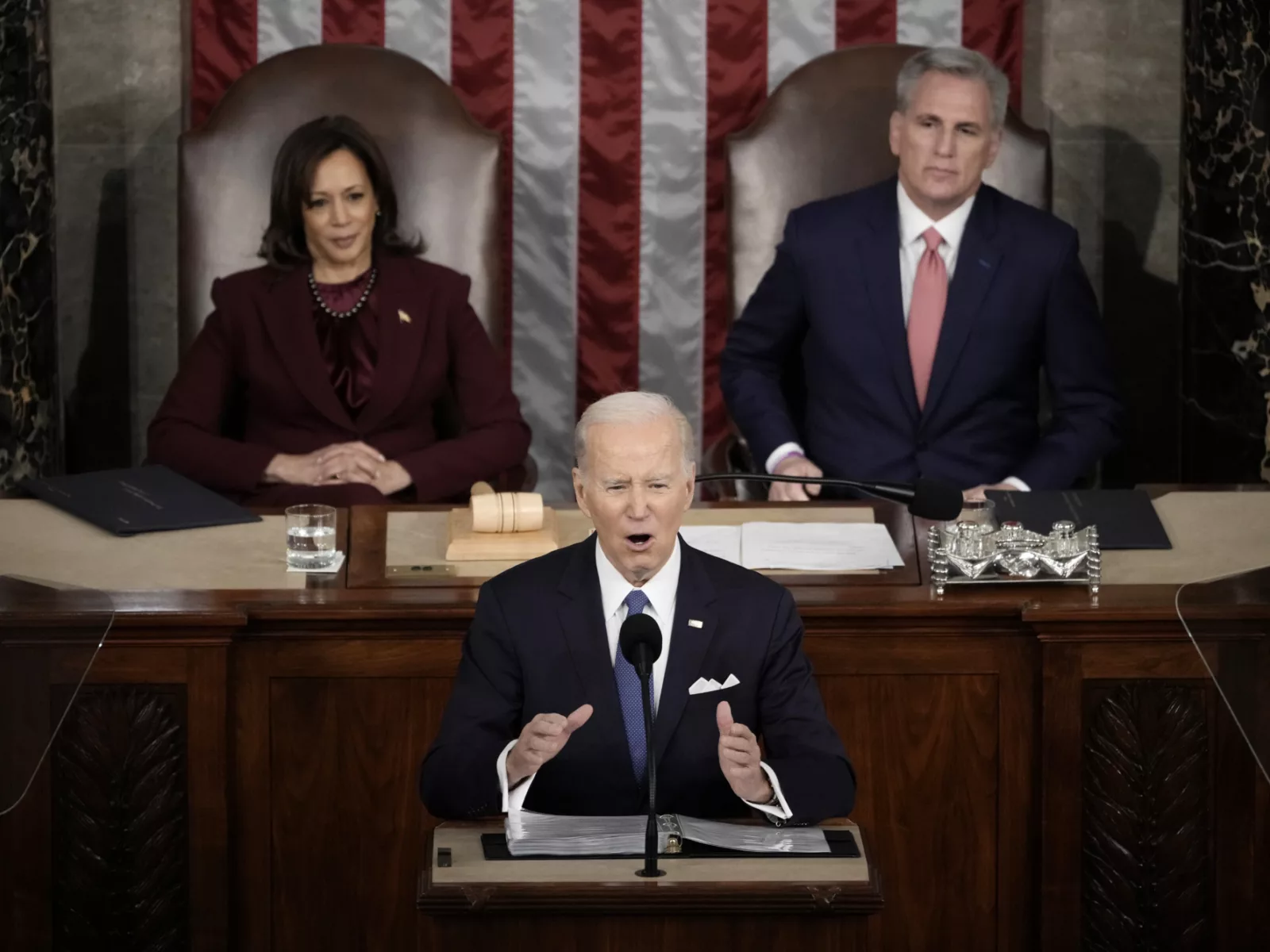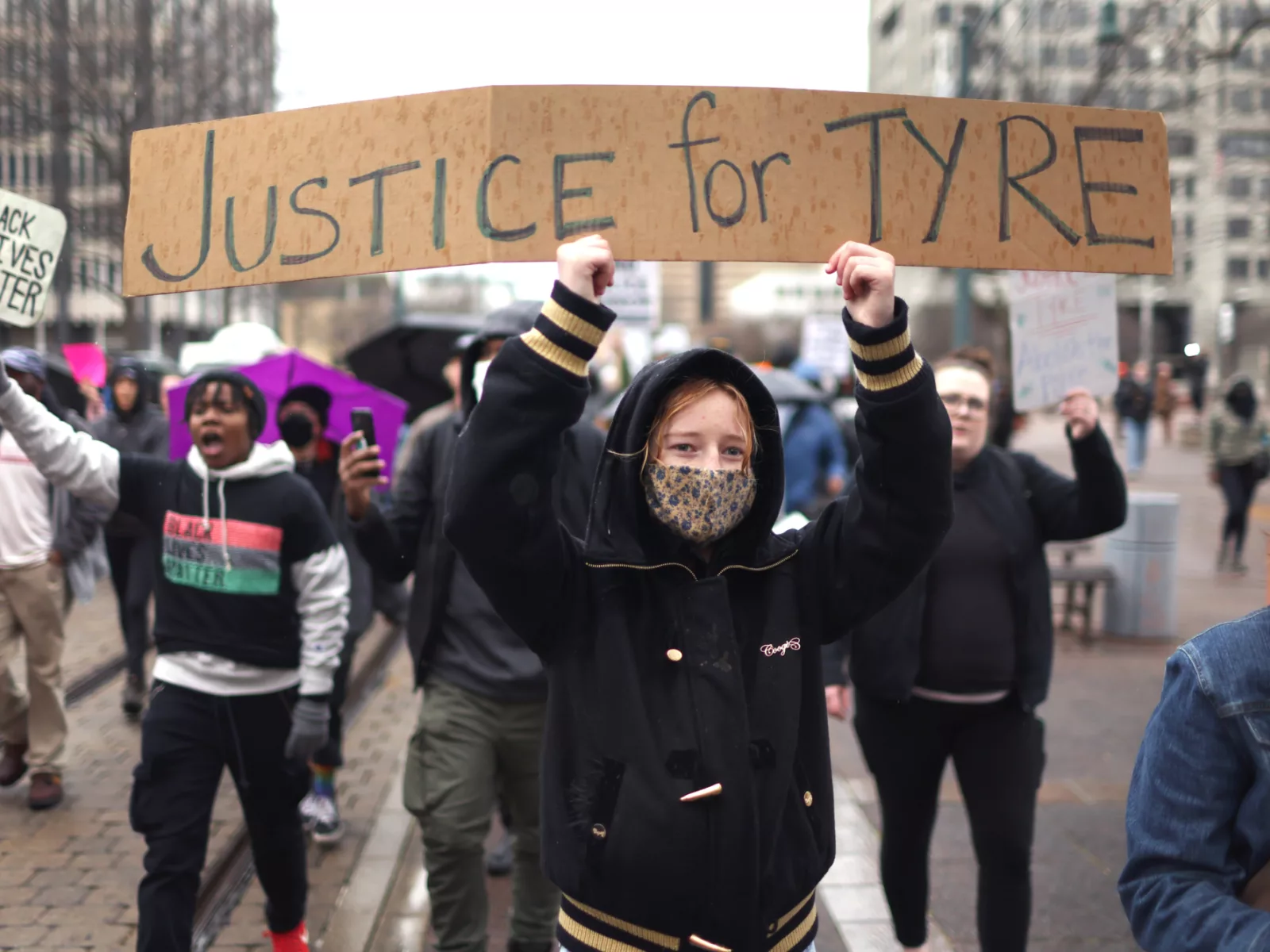As judges, sheriffs, police chiefs, prosecutors, public defenders, and correctional leaders across the country grapple with halting the spread of coronavirus, many are turning to new policies that evidence shows can keep people safe. One policy change police departments are embracing is issuing citations in lieu of custodial arrests for nonviolent offenses. Here’s why that’s such a smart move.
#1 Custodial arrests put officers at higher risk of contracting coronavirus.
- Custodial arrests require officers to come into increased physical contact with others.
- Issuing citations in lieu of arrests for nonviolent offenses is smart policy to reduce our mass incarceration problem without compromising public safety, regardless of COVID-19.
- In this current public health crisis, it has the critical added benefit of limiting unnecessary contact and reducing officers’ exposure to coronavirus.
#2 It would free up scarce resources, allowing public safety personnel to better respond to urgent matters like violent crime and COVID-19.
- In 2016, there were an estimated 10,662,525 arrests made in the United States, of which only 4.83% were made for violent offenses. By aiming to reduce custodial arrests, police agencies can focus on issues directly related to maintaining public safety.
#3 It would lower jail admissions, meaning we’d bring in less people who could potentially infect staff and other incarcerated persons.
- Limiting the number of individuals brought into jail would reduce overcrowding in jails and lower the potential for the virus to spread through jail populations that already have chronic and complex health needs.
#4 And it would lower the number of people we’re exposing to jails, a known hotbed of viral infection.
- Sending people to jail for minor offenses is a grave response in the best of times — in the middle of a pandemic, it’s equivalent to playing with people’s health and lives.
- But limiting the people we send to jail isn’t just important for those people’s health and safety — it’s important for the larger community’s health, reducing the churn of people moving through the justice system and then back out into communities.
#5 It would help corrections leaders reduce the overcrowding in jails that makes it nearly impossible to practice social distancing, one of the only tools we have right now to halt the spread of coronavirus.
- Maintaining more distance between incarcerated persons — as well as between incarcerated persons and staff — is vital to the health of everyone who lives and works in jails.









